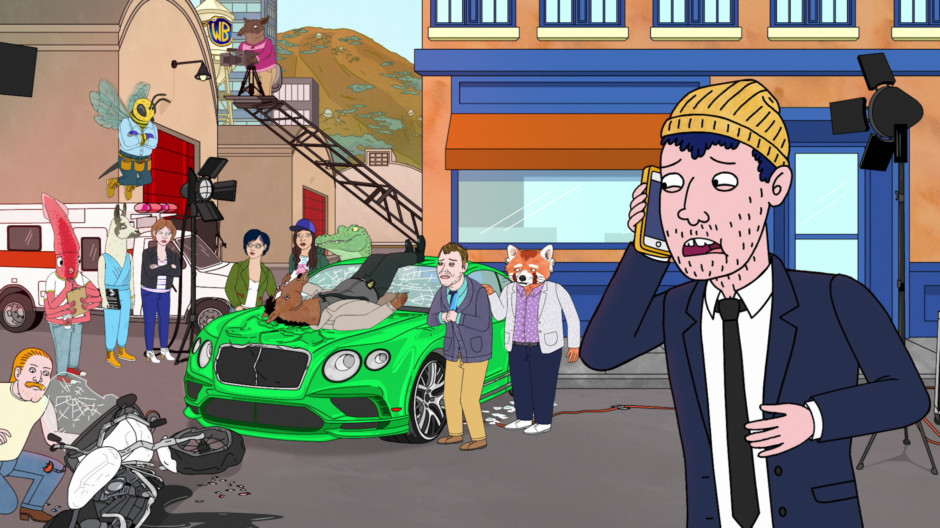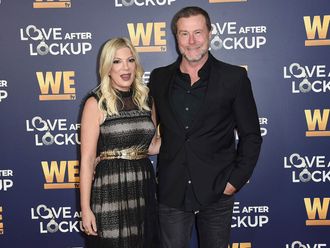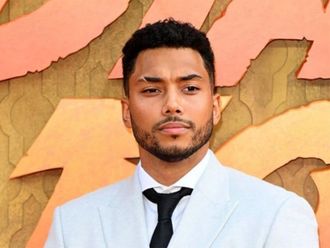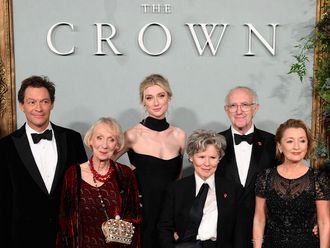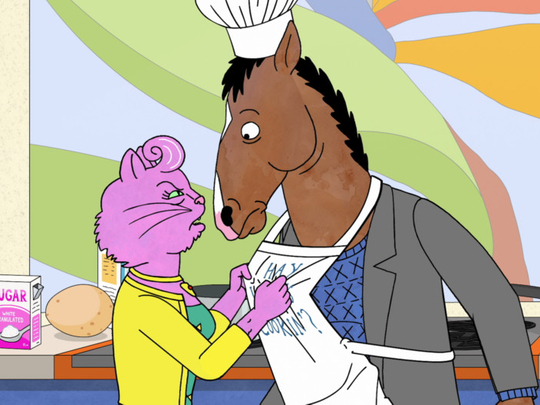
Since BoJack Horseman first came out in 2014, it has gained both critical acclaim, as well as a staunchly loyal following of viewers who enjoy the show’s seamless blend of whimsical animation and earnest exploration of the human condition.
Throughout the series, we follow the experiences of BoJack, a once-famous horse actor who was best known for his role in a corny sitcom called Horsin’ Around. At once, a satire of Hollywood culture (which is called “Hollywoo” after the D is stolen from the sign), BoJack Horseman is also a complex look at what it means to be happy and how the choices we make can have a profound impact on the happiness and wellbeing of others.
The series’ insistence on probing existential anxiety at what it means to be a person (or horse or cat or any number of human-like animals that we encounter in BoJack’s colourful world) has earned the show a reputation for being particularly sad, despite also being a zany, offbeat comedy filled to the brim with sly humor. Certainly, many of BoJack’s most memorable and affecting moments come from the series’ insistence on not shying away from grief. Over the course of the show we encounter characters who try to make sense of personal trauma, and deal with both medical issues and mental health concerns in a world that is often vapid, celebrity-obsessed and indifferent to personal suffering.
And yet, I think it’s too simplistic to suggest that BoJack Horseman’s appeal comes exclusively from the many ways that it explores sorrow. Instead, I’d argue that BoJack’s power comes from its brave insistence on accountability. Simply put, there is no other show on television today that holds characters as responsible for their failings as BoJack, and there is no other show that does so while also still insisting on the possibility that characters we know and love still have a chance at hope, renewal and change.
This emphasis on personal responsibility has been a through-line since the first season when BoJack asks Diane how she felt about him after ghost-writing his tell-all memoir: “Do you think I’m a good person, deep down?” he asks her.
“That’s the thing,” Diane tells him, “I don’t really believe in deep down. I kind of think all you are is just the things that you do.”
Diane’s insistence that we can measure our kindness by very real actions is echoed in season three when we see Todd confronting BoJack: “You can’t keep doing [bad] things and then feel bad about yourself as if that makes it OK.” Later in that same conversation, when BoJack tries to excuse his actions, Todd goes on, “BoJack, just ... stop. You are all the things that are wrong with you. It’s not the alcohol or the drugs or any of the [bad] things that happened in your career or when you were a kid. It’s you, all right? It’s you.”
The new season goes further in this interrogation of the ways our actions define us by looking directly at our societal obsession with male antiheroes and our continued fascination with and exoneration of famous men who do very bad things. Throughout this season, we see BoJack grapple with taking on a role for a TV series that seems to be inspired by his life (the set looks exactly like his very real house), while aspects of his constructed “antihero” character also seem to be seeping into his actual identity, while Diane, who is given the opportunity to become a writer on the series, grows sick with the realisation that the bad behaviours she helped put on screen are now being romanticised by viewers.
In many ways, the new episodes build on the emotional momentum that was established in the previous season, where we learned the backstory of BoJack’s abusive mother and how her own behaviours were shaped by childhood experiences that left her angry and traumatised. The show’s insistence on framing Beatrice Horseman’s narrative with tremendous nuance allowed us to see the horrors of child abuse and how familial trauma persists over generations, all the while showing how Beatrice is a woman (or horse-woman) whose very real despair clearly leads to her cruel and self-absorbed parenting style. Throughout the series, we see child BoJack, eager and wide-eyed in his little sailor suit, being verbally abused by his mother and father. But while the series encourages us to see BoJack’s own self-absorption as a response to a traumatic childhood, it also insists that BoJack not be given a free pass. In his heart of hearts, BoJack is never a “bad guy” per se, but his thoughtless choices often have very real impacts on everyone around him.
Is it possible for a show about accountability to be as edgy as a show about the seedy allure of moral failure? For years now, the antihero saga has been the mainstay in prestige TV and dramas and there has been an overwhelming assumption that shows centring on the lives of good, earnest people are simply not as sexy. And yet, at its heart, season five shows how our love of bad behaviour for its own sake has actually become kind of boring. Perhaps this is especially true in a world where kindness and compassion are often denigrated as being weak, and where “niceness” is often decried as merely bland and uninteresting. In contrast, BoJack Horseman’s greatest strength is its insistence that the work involved in doing the right thing is actually pretty compelling in its own right. It helps that the show’s clever animation and off-the-wall humour (one of the subplots of this season features a robot that blares “erotic” phrases at inopportune moments) is always genuinely funny.
In one moving scene in the new season, BoJack reflects on how there is never going to be a happy ending in real life because the story — and, by extension, our stories — simply keep going. In the same way, the series, which I hope will be picked up for many more seasons, is less interested in providing a linear framework for understanding trauma, than in exploring what we do with the things we inherit. In this way, BoJack Horseman is the opposite of a sad show — it declares over and over again that each of us has the potential to grow, be better, change.
————————————
Don’t miss it!
Bojack Horseman season five is streaming now on Netflix.



